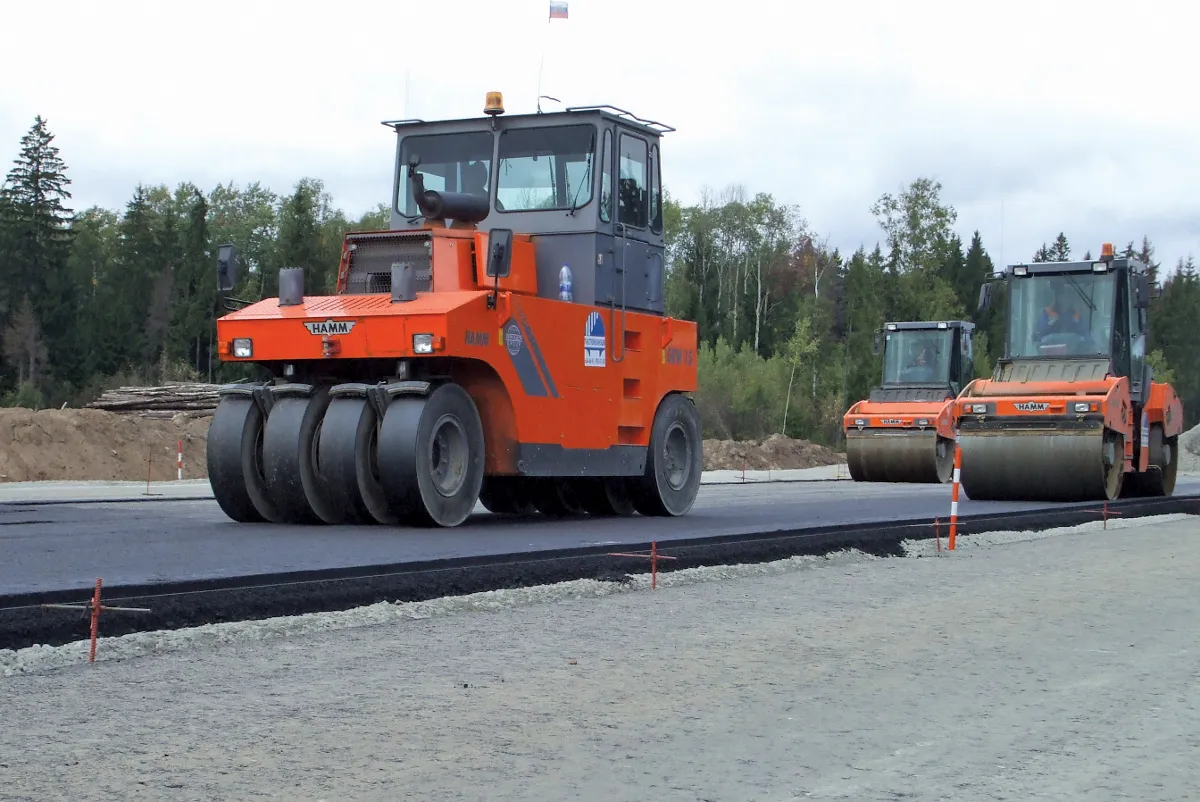Malaysia’s construction boom has reached its peak, according to a new Business Monitor (BM) report on the country’s infrastructure investment.
The leading global independent business research data provider’s report states that Malaysia’s construction activity in Q2 2013 represented the lowest pace of expansion since Q4 2011. BM expects this slowdown to intensify, primarily due to falling demand for residential and non-residential buildings, as well as concerns about Malaysia's fiscal position. These concerns have increased financing risks for public-funded projects, say BM, particularly within the infrastructure sector. As a result, BM has maintained its construction growth forecasts for 2013 (10.1%) and 2014 (6.7%), but revised down its longer-term forecasts, from an annual average of 5.0% to 4.5% between 2015 and 2017.
The BM report notes how in July 2013 the Malaysian Highway Authority said that the government was considering plans to construct a new coastal highway along the east coast of Peninsular Malaysia, from Kota Bahru in the state of Kelantan to Pengerang in Johor. The government would consider the viability of the project before undertaking it, according to the Malaysian Highway Authority's Director Datuk Ismail Md Salleh. There is a need to improve connectivity and accessibility in the eastern coast of the country, while most parts in the western coast areas are well-connected and served with roads and highways, Salleh added. The project is expected to create economic spillover effects and open new growth centres in the east coast areas.







